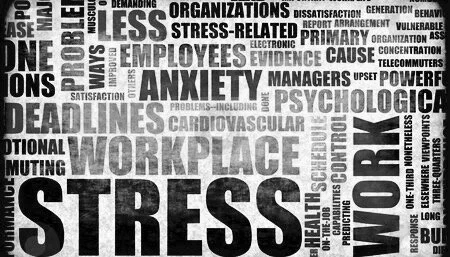With so much information swirling around about mental health it can be difficult to separate fact from opinion. So we play a little game of truth or fiction and look at notions like 'depression is a disease,' 'depression is a serotonin deficiency' and 'depression is a life long sentence.'
Mental Health: A Misnomer?
As far back as ancient Greece, there has been an understanding that there is some qualitative difference between the mind and the body. The body is something we can touch and feel and see, while the mind seems more elusive. While the body is made of the physical, the mind is made of the electrical, the energetic, perhaps the spiritual. But where does the brain fit in? And disorders such as depression and anxiety – to which domain do they belong?
Deep Dive: Implicit Memories & Our Brain's Automation System
Implicit memory governs much of our behaviour. Such memories are like unconscious mental software packages - they quickly compare present events to past experiences, make assessments and predictions about the current situation, and initiate the appropriate reaction. And while for the most part, this is very adaptive, it comes at a cost.
Shorts: The Window of Tolerance
What makes something traumatic for one person and mildly disturbing for another? Why does the idea of public speaking leave one person exhilarated and another paralyzed with panic? Our nervous system has an ideal climate; a Goldilocks zone in which it operates best. This zone is called the Window of Tolerance, and where we are in relation to it has tremendous impacts on our mood, emotional state, and mental capacity.
The T Word
In the realm of mental health, the word “trauma” can invoke a lot of different ideas and associations. There tends to be a general consensus around what is sometime referred to as “Big T” trauma, while there is somewhat less agreement in the realm of “small t” trauma. The difficulty with categorization provides a clue as to how the premise of the question might be flawed.








